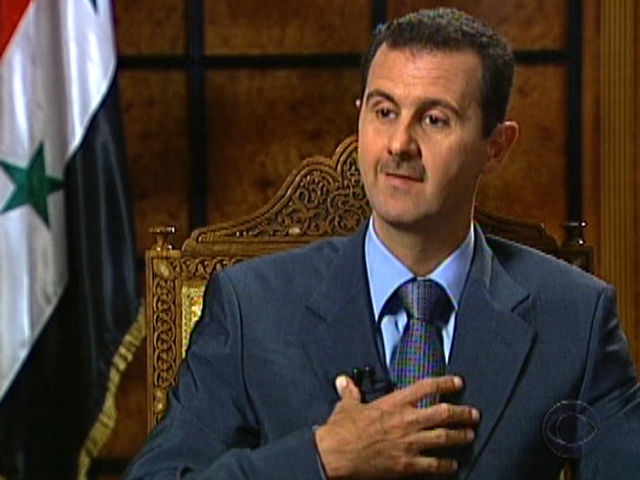Syria: Battlefield of Foreign Powers

The intensifying conflicts in Syria have, once again, attracted public opinion to the fate of this country. In the present political atmosphere, besides the clashes between the government of Bashar Assad and the opposition, the issue of the geopolitics of power is also significant. In order to influence the critical atmosphere of this country, the international and regional powers are competing with each other. The US, along with European countries like Britain and France and some Arab countries like Saudi Arabia and Qatar and also the government of Turkey, have decided to overthrow the government of Bashar Assad by arming the opposition and giving huge financial aids and also political support. On the other hand, Iran, Russia, and China consider a change in Bashar Assad's government as a sign of the dominance and influence of the western governments and countries like Turkey and Saudi Arabia in Syria's future. Therefore, it seems that the issue of the peaceful demonstrations of the Syrian people has turned, during the past 21 months, into a proximity war over the issue of the influence of foreign powers in Syria. It is not clear whether the people of this country will gain freedom and power with regime change in Syria or whether the foreign powers involved in Assad's downfall would bring their own supporting government to power?
In Syria, besides domestic Muslims, different groups, including al-Qaeda, from countries like Libya, Yemen, Saudi Arabia, Afghanistan, and Chechnya, are involved in an armed struggle against the government of Syria. The arms of these groups are generally provided by Arab and European countries and their financial resources are provided by the governments of Saudi Arabia and Qatar. Meanwhile, Turkey plays the role of transferring these forces and provides their training needs. The killing of al-Qaeda forces and members of the Syrian army is to the benefit of the West. The goal of the US in the Middle East is to destroy the remnants of the armies of the Cold War and eliminate groups like al-Qaeda. Both of these objectives are on the agendas of the White House and the Pentagon. The US views members of al-Qaeda as thoughtless terrorists, thus, the elongation of the crisis in Syria would help the weakening of al-Qaeda and lead to the destruction of the classic army of this country.
On the other hand, it should be noted that the US has benefited from al-Qaeda's involvement in the armed struggles in Syria, since it will reduce the bombings and guerrilla and suicide operations of this group against US positions in Iraq, Afghanistan, and Pakistan. In addition, recent statements made by Russian officials show a lack of confidence with regard to the issue of Bashar Assad's remaining in power and it seems that Moscow is gradually visioning the post-Assad government. The government of Russia intends to prevent losing all of its historical interests it had established with the government of Hafez Assad, Bashar's father, and to maintain its foothold in the Mediterranean Sea. But it seems that the US and European governments do not wish for Russia's influence to continue and consider Syria's developments a proper opportunity to regain their influence, especially France, in the new Syria. Of course, it is not clear whether a new stable government will be formed in Damascus by changing the regime in Syria; instead, this country might be transformed into the scene of ethnic and tribal conflicts and a shaky government may substitute the government of Bashar Assad. The impact of developments in Syria on the issues of Palestine and Israel also needs a separate analysis.

